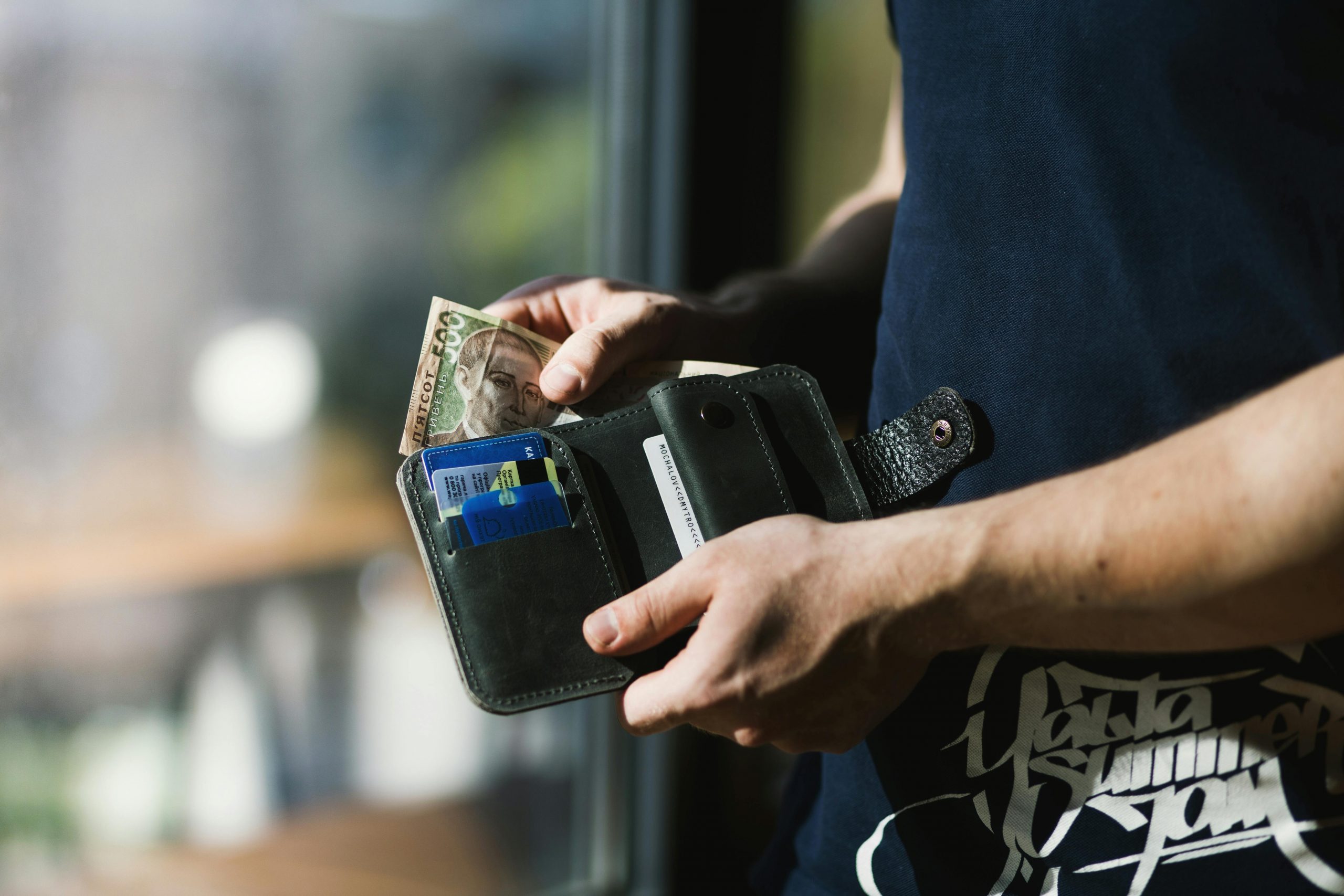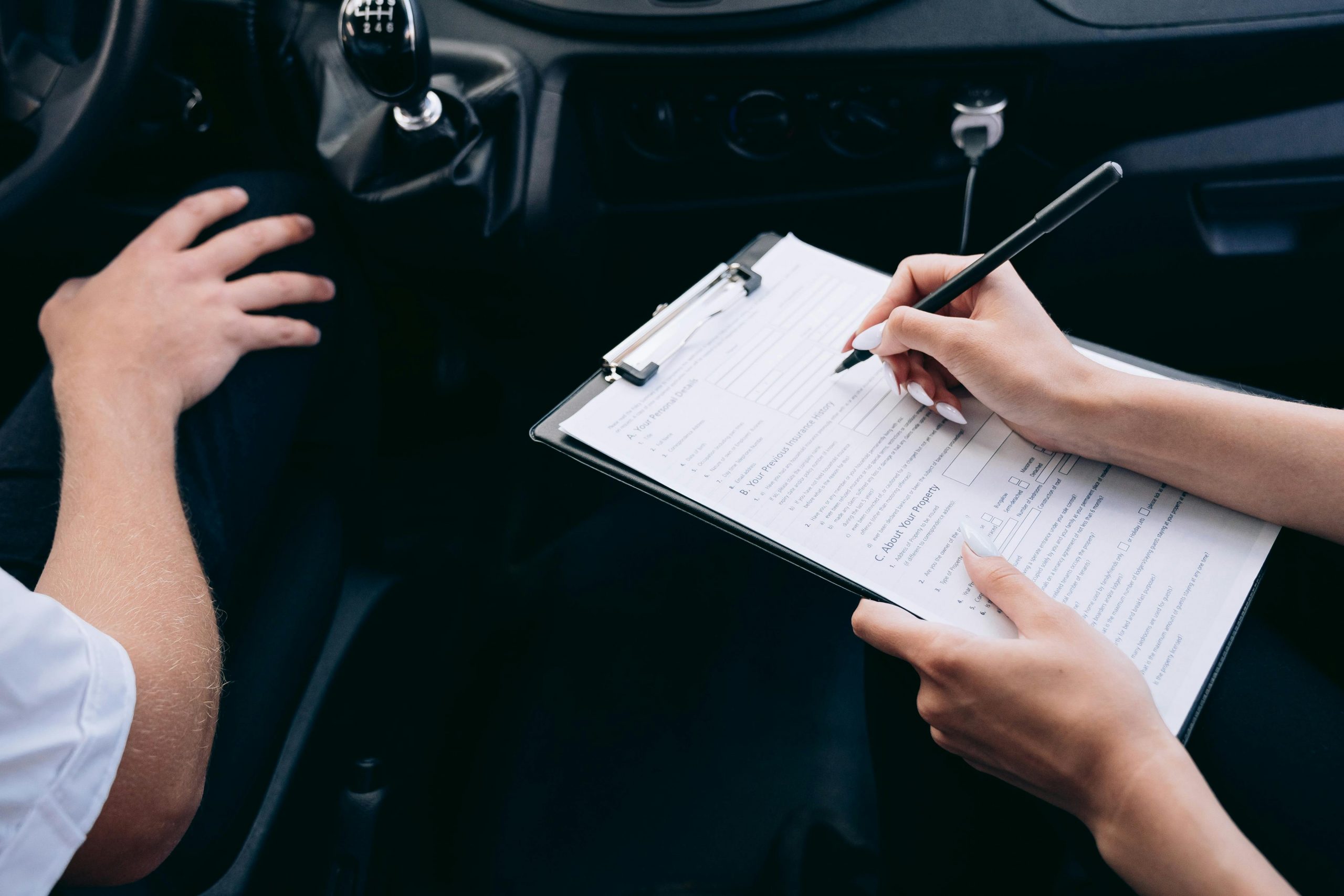
Buying a car is a big step, whether it’s your first vehicle or you’re trading in for an upgrade. But before you can drive off the lot, there’s one major question to answer: Do you need insurance to buy a car? The answer depends on your situation, the laws in your state, and how you’re paying for the vehicle. In this guide, we’ll break it all down in simple terms.
Do You Need Insurance Before Buying a Car?

In most cases, yes, you need auto insurance before you can legally drive your new car home. But whether you need it before or after buying depends on several factors:
- Are you buying from a dealership or a private seller?
If you’re buying from a dealership, they’ll almost always require proof of insurance before you can drive away. Dealerships typically contact your insurance provider directly or ask you to show active coverage. For private sales, you may not need insurance to buy the car, but you’ll still need it before you can legally drive it.
- Do you already have car insurance for another vehicle?
Many insurance companies offer a grace period—usually 7 to 30 days—where your existing coverage may extend to a new car. However, this usually only applies to similar types of vehicles. Check with your insurer to be sure.
- Are you financing or leasing the vehicle?
If you’re taking out a loan or lease, the lender will usually require full coverage before finalizing the deal. You’ll need to show proof of insurance, including collision and comprehensive coverage.
Buying from a Dealership
Most dealerships will require proof of insurance before they let you drive the car off the lot. This is especially true if you’re financing or leasing, since the lender or lease company wants to protect their investment. Without insurance, the dealer may not finalize the sale or allow you to leave with the car.
If you already have insurance, your existing policy may offer a grace period (usually 7 to 30 days) to cover your new car temporarily. But always double-check with your insurance provider.
Buying from a Private Seller
If you’re purchasing a used car from a private seller, the process tends to be more relaxed compared to buying from a dealership. The seller typically won’t ask for proof of insurance before handing over the keys. However, just because they don’t require it doesn’t mean you’re off the hook. You still need valid auto insurance before you can legally drive the car on public roads.
Driving without insurance is a serious risk. If you’re caught, you could face legal trouble, including:
- Expensive tickets or fines
- Suspension of your driver’s license
- Vehicle impoundment
- Zero financial protection if you’re in an accident
Even a short drive home could lead to big consequences if you’re not covered. That’s why it’s strongly recommended to arrange insurance before the purchase is complete. You can usually get coverage on the same day, often within an hour, especially if you apply online. Some insurance companies even let you schedule the policy to start at a specific time, such as right after the purchase.
Whether you’re buying from a friend or a stranger, having insurance in place protects both your new car and your finances from the very beginning.
Financing or Leasing a Car
If you’re planning to finance or lease a car instead of paying the full price upfront, insurance isn’t just recommended—it’s required. The lender or leasing company wants to protect their investment, so they’ll demand proof of insurance before finalizing the deal. Without it, they won’t let you drive the vehicle off the lot.
In many cases, they also require more than just basic liability coverage. You may be asked to carry:
- Collision coverage – Pays for damage to your car after an accident, even if you’re at fault.
- Comprehensive coverage – Covers non-accident damage, like theft, vandalism, or natural disasters.
- Minimum liability limits – Higher than your state’s required minimums in many cases.
- Listing the lender as a lienholder – This puts the lender on your insurance policy so they’re notified if your coverage lapses.
It’s a good idea to call your insurance provider ahead of time and ask about these requirements so there are no delays at the dealership. This step is crucial if you want to drive your car home the same day. If you’re wondering how long it takes to get car insurance, the answer is: usually less than an hour if you have all your info ready.
Paying Cash for a Car

If you’re paying the full amount up front, you technically don’t need insurance to buy the car. But you do need insurance to drive it. Even one short trip without coverage is risky and often illegal.
Always set up your insurance policy before you hit the road.
What Kind of Insurance Do You Need?
The type of insurance you need depends on how you’re buying the car and where you live. In most states, liability insurance is the legal minimum. This covers injuries or damage you cause to other people or their property in an accident. But if you’re financing or leasing a car, your insurance needs go beyond that.
Here are the most common types of coverage required:
- Collision Coverage: Pays to repair or replace your car after an accident, even if you’re at fault. This is typically required by lenders or lease providers.
- Comprehensive Coverage: Covers non-accident events like theft, vandalism, fire, falling objects, or weather damage. It helps protect your car from everyday risks.
- Gap Insurance: If your car is totaled and you still owe more on the loan than it’s worth, gap insurance covers the difference. This is especially important for new or leased cars that lose value quickly.
In addition to checking your state’s minimum insurance laws, talk to your lender or dealership to find out exactly what they require. This will help ensure you’re not caught off guard when you’re ready to buy or drive off the lot.
How to Get Car Insurance Quickly
If you’re in a rush to buy a car, don’t worry—getting car insurance fast is totally possible. In fact, with the right steps, you can be fully insured in less than an hour. Here’s how:
- Gather your information: Have your driver’s license, home address, and vehicle details ready. This includes the car’s make, model, year, and VIN (Vehicle Identification Number). If you’re adding other drivers, you’ll need their information too.
- Compare quotes online: Use free comparison tools or insurance company websites to get multiple quotes within minutes. This helps you find the best deal without calling each company separately.
- Choose a policy: Look at price, coverage limits, and deductibles. Don’t just choose the cheapest option—make sure it fits your needs.
- Pay and get proof: After choosing a policy and paying the first premium, most companies email or text your proof of insurance right away. Some even let you download it instantly through their app.
Temporary Insurance Options
Some insurance companies offer temporary or short-term car insurance, which can be helpful if you don’t need long-term coverage right away. These policies usually last anywhere from one day to a few weeks, depending on the provider. While not available everywhere, they can be a convenient solution in certain situations, such as:
- You’re still shopping for a long-term plan: If you’re not ready to commit to a full policy, temporary coverage gives you time to compare options while still staying legal on the road.
- You’re borrowing or renting a car: Temporary insurance can protect you if you’re using someone else’s vehicle for a short time and want to be sure you’re covered.
- You just bought a car: If you’ve purchased a vehicle but haven’t picked a full policy yet, a short-term option lets you drive it home without delay.
Keep in mind, not all insurance companies offer temporary insurance, and availability can vary by state. It’s also usually more expensive per day than regular policies. Be sure to read the fine print and understand what’s covered before choosing a short-term plan. It’s a smart, flexible way to stay protected when your situation isn’t permanent.
What Happens If You Don’t Have Insurance?
Driving without car insurance can cause major problems—both legally and financially. In most states, it’s illegal to drive without at least basic liability insurance. If you’re pulled over or get into an accident and don’t have coverage, here’s what could happen:
- Legal penalties: You could face fines, license suspension, and even jail time in some states. You may also be required to file an SR-22 form, which proves you have insurance and usually comes with higher rates.
- Financial risk: If you cause an accident, you’ll have to pay for damage or injuries out of your own pocket. This can easily add up to thousands—or even tens of thousands—of dollars.
- Towing or impound fees: Police can tow your car if they find you’re driving without valid insurance. Getting your vehicle back may cost hundreds in fees.
Driving uninsured also makes it harder to get insurance in the future. Companies may see you as a high-risk driver, leading to higher premiums or denial of coverage.
It’s never worth the risk—having car insurance gives you peace of mind and protects you, your finances, and everyone else on the road.
Tips for First-Time Buyers
If you’re buying your first car, figuring out insurance can feel overwhelming. But with a little preparation, you can make smart choices that save money and keep you protected. Here are a few helpful tips just for first-time buyers:
- Talk to an agent: A licensed insurance agent can walk you through the process. They’ll help explain what types of coverage you need, how much is required, and which policy fits your situation best. This is especially useful if you’re not sure what to pick.
- Bundle your policies: If you already have renters or homeowners insurance, ask about bundling. Many companies offer discounts when you buy more than one type of insurance from them.
- Ask about discounts: First-time buyers often qualify for savings. Good student discounts, safe driver rewards, and low-mileage discounts can lower your monthly cost.
- Know your state laws: Every state has its own rules for how much insurance you need. Be sure to meet the minimum requirements to avoid legal trouble.
Buying a car for the first time is exciting. With the right insurance in place, you can hit the road with confidence, knowing you’re covered from day one.
Final Thoughts: Don’t Wait to Get Covered
So, do you need insurance to buy a car? In most cases, yes—especially if you’re working with a dealership or lender. Even if it’s not required to buy the car, you’ll need insurance before driving it.
To stay safe, legal, and protected, get your insurance lined up before completing the purchase. With online tools and quick approval times, you can get covered the same day.

